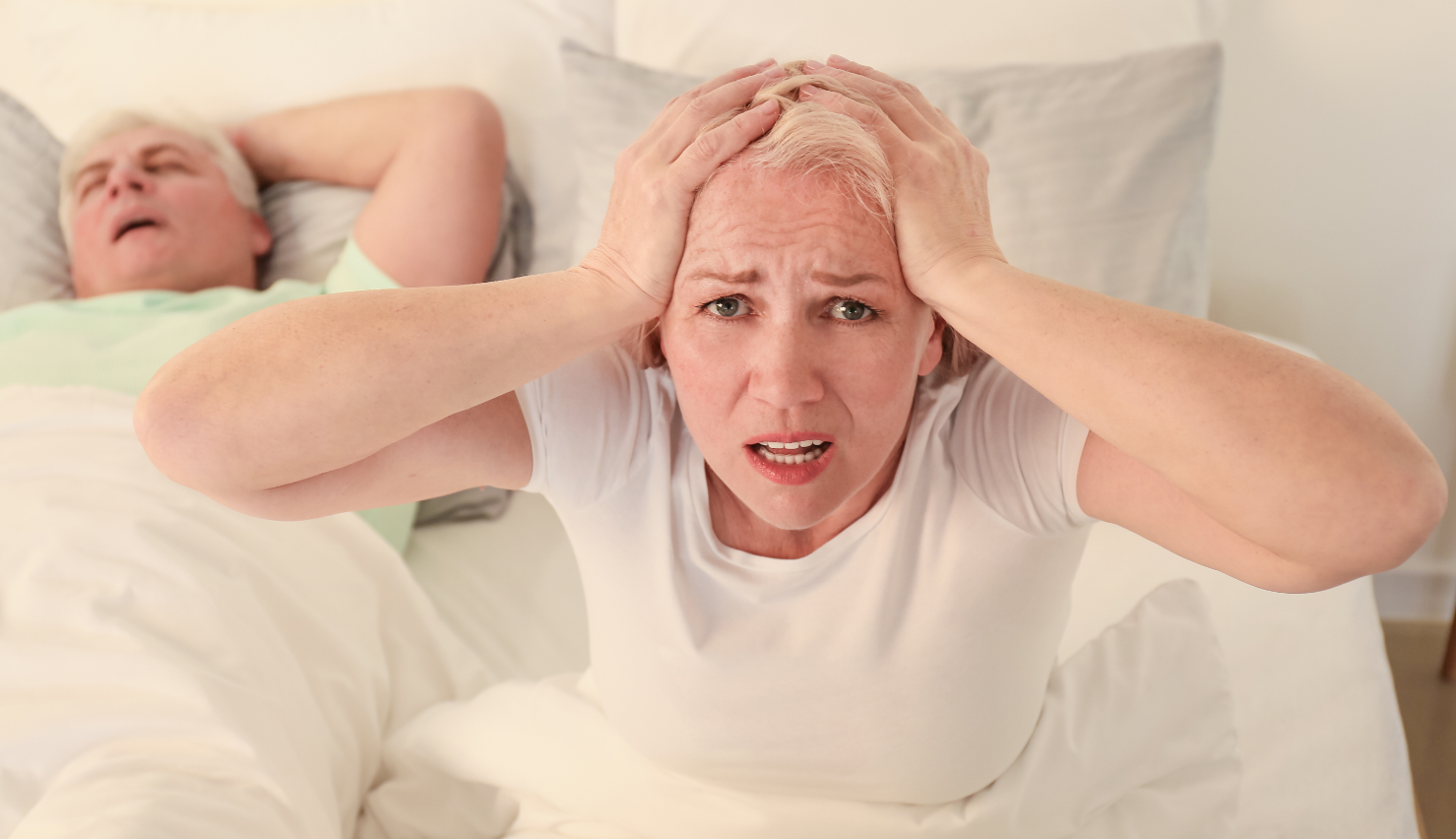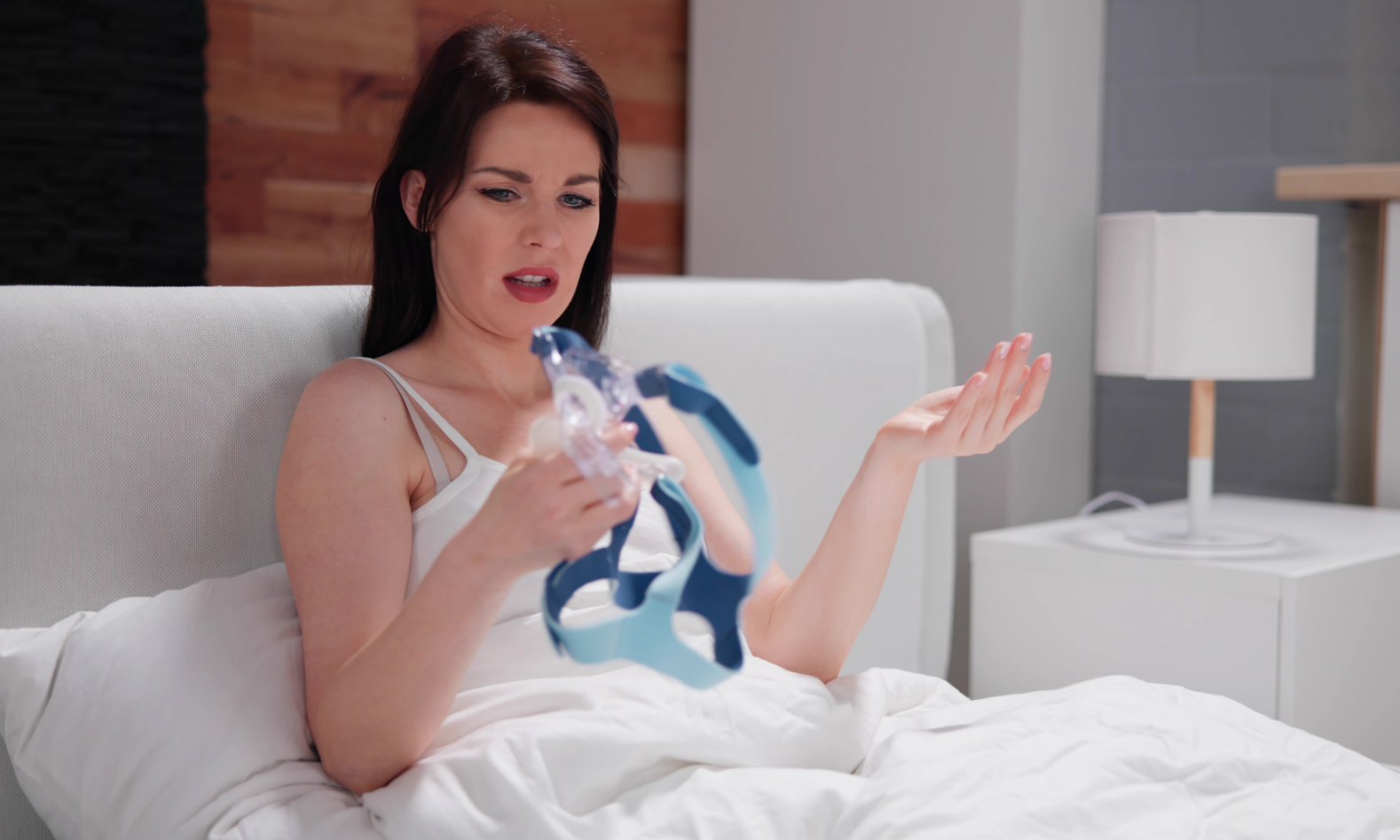Sweet Dreams Connecticut explains that sleep apnea is a serious condition. It is a condition that can significantly affect your health and quality of life.
10 Signs of Sleep Apnea
Loud Snoring
One of the most common symptoms of sleep apnea is loud snoring, especially if it’s interrupted by choking or gasping for air. If your partner has mentioned this, it could be an indication of OSA.
Frequent Waking During the Night
If you find yourself waking up frequently throughout the night, gasping for air or feeling out of breath, it’s a key sign of sleep apnea. This happens when your airway is temporarily blocked while you are asleep.
Excessive Daytime Fatigue
Are you constantly feeling tired, no matter how many hours you sleep? This could be a result of poor sleep quality caused by interrupted breathing patterns during the night, a hallmark of sleep apnea.
Dry Mouth or Sore Throat Upon Waking
Waking up with a dry mouth or sore throat is a common complaint for people with sleep apnea. This occurs because many individuals with sleep apnea breathe through their mouths while sleeping.
Morning Headaches
Morning headaches can be a sign that your brain hasn’t been receiving enough oxygen during the night due to breathing disruptions caused by OSA.
Sleep Apnea and Difficulty Concentrating
If you’re having trouble focusing, experiencing brain fog, or forgetting things more often, lack of resting caused by OSA could be the culprit.
Irritability or Mood Swings
OSA can affect your emotional well-being, leading to irritability, anxiety, or even depression due to the poor sleep quality and oxygen deprivation during the night.
High Blood Pressure and Sleep Apnea
OSA has been linked to high blood pressure, a dangerous condition that can increase the risk of heart disease, stroke, and other serious health issues. If you have high blood pressure and experience OSA symptoms, it’s crucial to seek treatment.
Gasping or Choking During Sleep
If you wake up choking or gasping for air, it’s a clear sign that your airways may be blocked, which is a characteristic feature OSA.
Teeth Grinding, Jaw Pain and Sleep Apnea
Clenching your jaw or grinding your teeth can be another sign of OSA. The physical strain on your jaw can cause discomfort and even tooth damage. DSM professionals like Dr. Laura Miller can help address this issue with oral appliance therapy.
What to Do Next
If you recognize any of these symptoms, it’s important to get evaluated by a professional. Dr. Laura Miller, a trusted OSA dentist at Sweet Dreams Connecticut specializes in using non-invasive treatments like oral appliances.
Don’t let OSA interfere with your quality of life. Book an appointment today. When you do you will learn more about treatment options. You will also learn how oral appliance therapy can help you sleep better. Call today.



